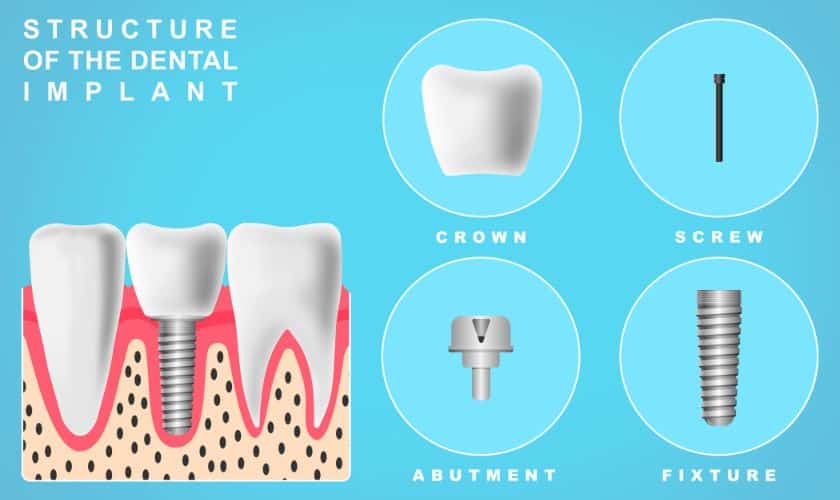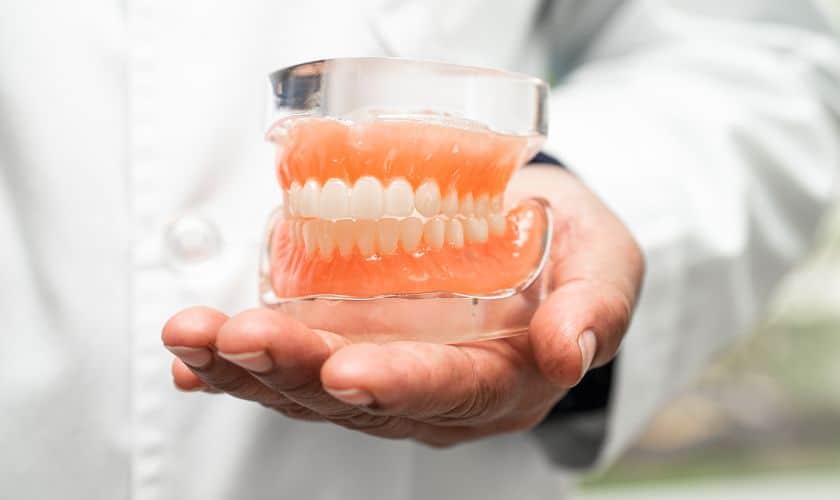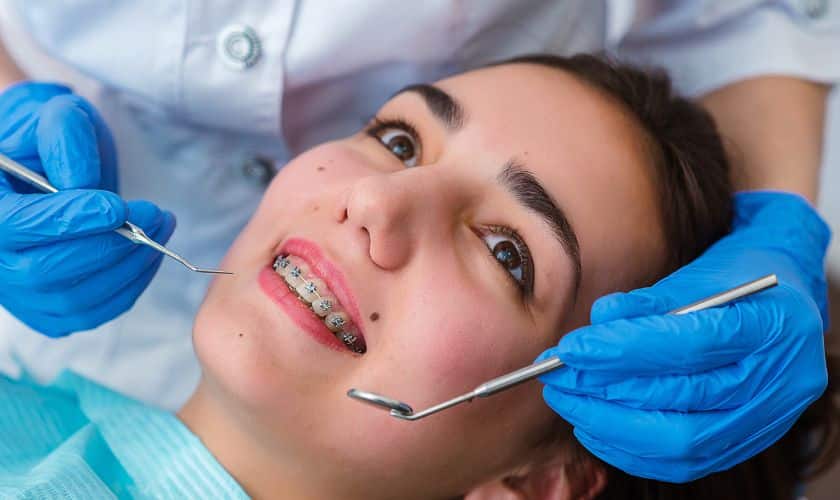
Inflamed Gums Are Bad News: Understanding, Preventing, and Treating Gum Inflammation
Your gums play a crucial role in supporting a healthy smile. When they become inflamed, it’s more than just a minor annoyance—it could be a sign of underlying oral health issues. In this blog post, we will delve into the reasons behind gum inflammation, explore preventive measures, and discuss effective treatments to ensure that inflamed gums don’t become bad news for your overall well-being.
Understanding Gum Inflammation
Gum inflammation, also known as gingivitis, is a common condition characterized by red, swollen, and sometimes bleeding gums. It is typically caused by the accumulation of plaque—a sticky film of bacteria—on the teeth. When left untreated, gingivitis can progress to more severe forms of gum disease, impacting not only oral health but potentially contributing to systemic health issues.
Causes of Gum Inflammation
- Poor Oral Hygiene: Inadequate brushing and flossing allow plaque to build up, leading to gum inflammation. The bacteria in plaque produce toxins that irritate the gums, triggering the inflammatory response.
- Smoking: Tobacco use is a significant risk factor for gum inflammation. Smoking weakens the immune system, making it harder for the body to fight off infections, including those affecting the gums.
- Poor Nutrition: A diet lacking in essential nutrients can compromise the body’s ability to maintain healthy gums. Vitamin C deficiency, for example, is associated with an increased risk of gum disease.
- Medical Conditions: Certain systemic conditions, such as diabetes and autoimmune disorders, can contribute to gum inflammation. Hormonal changes, such as those during pregnancy or menopause, may also play a role.
Preventing Gum Inflammation
- Commit to Excellent Oral Hygiene: Brush your teeth at least twice a day with fluoride toothpaste and use dental floss to clean between your teeth. This helps remove plaque and prevent its buildup.
- Quit Smoking: If you smoke or use tobacco products, consider quitting. Doing so not only benefits your overall health but also reduces the risk of gum inflammation.
- Maintain a Balanced Diet: Consume a diet rich in fruits, vegetables, lean proteins, and whole grains. Adequate nutrition supports gum health and boosts the immune system.
- Regular Dental Check-ups: Schedule regular dental check-ups and cleanings. Professional cleanings remove plaque and tartar that may be challenging to address with regular brushing and flossing alone.
Treating Gum Inflammation
- Improved Oral Hygiene Practices: If caught early, gingivitis can often be reversed with improved oral hygiene. Brush and floss diligently, and consider using an antiseptic mouthwash to reduce bacteria in the mouth.
- Professional Dental Cleanings: Your dental hygienist can perform a thorough cleaning to remove plaque and tartar. Regular professional cleanings are essential for preventing and treating gum inflammation.
- Antibacterial Medications: In some cases, your dentist may prescribe antibacterial medications to help control infection and reduce inflammation. These may be in the form of mouth rinses or topical gels.
- Scaling and Root Planing: For more advanced cases of gum disease, a deep cleaning procedure called scaling and root planing may be recommended. This involves removing plaque and tartar from below the gumline and smoothing the tooth roots to promote healing.
- Lifestyle Changes: Addressing lifestyle factors, such as quitting smoking and adopting a healthier diet, can contribute significantly to the successful treatment and prevention of gum inflammation.
Inflamed gums are indeed bad news, but the good news is that they are often preventable and treatable with the right care and attention. Prioritizing excellent oral hygiene, making lifestyle adjustments, and seeking professional dental care are essential steps in maintaining healthy gums and overall oral health.
Remember, your gums are indicators of your overall well-being, and addressing gum inflammation promptly not only preserves your smile but also contributes to your systemic health. If you notice signs of gum inflammation, don’t ignore them—schedule an appointment with your dentist to address the issue and pave the way for a healthier, happier smile.
Recent Posts

Dental Checkups & Oral Cancer: Your Defense

The Ultimate Guide To Dental Implants: Everything You Need To Know

Questions You Need to Ask Before Getting a Crown or Bridge: Taking Control of Your Dental Care

How Long Will the Swelling Last After Oral Surgery? A Guide to Speedy Recovery

